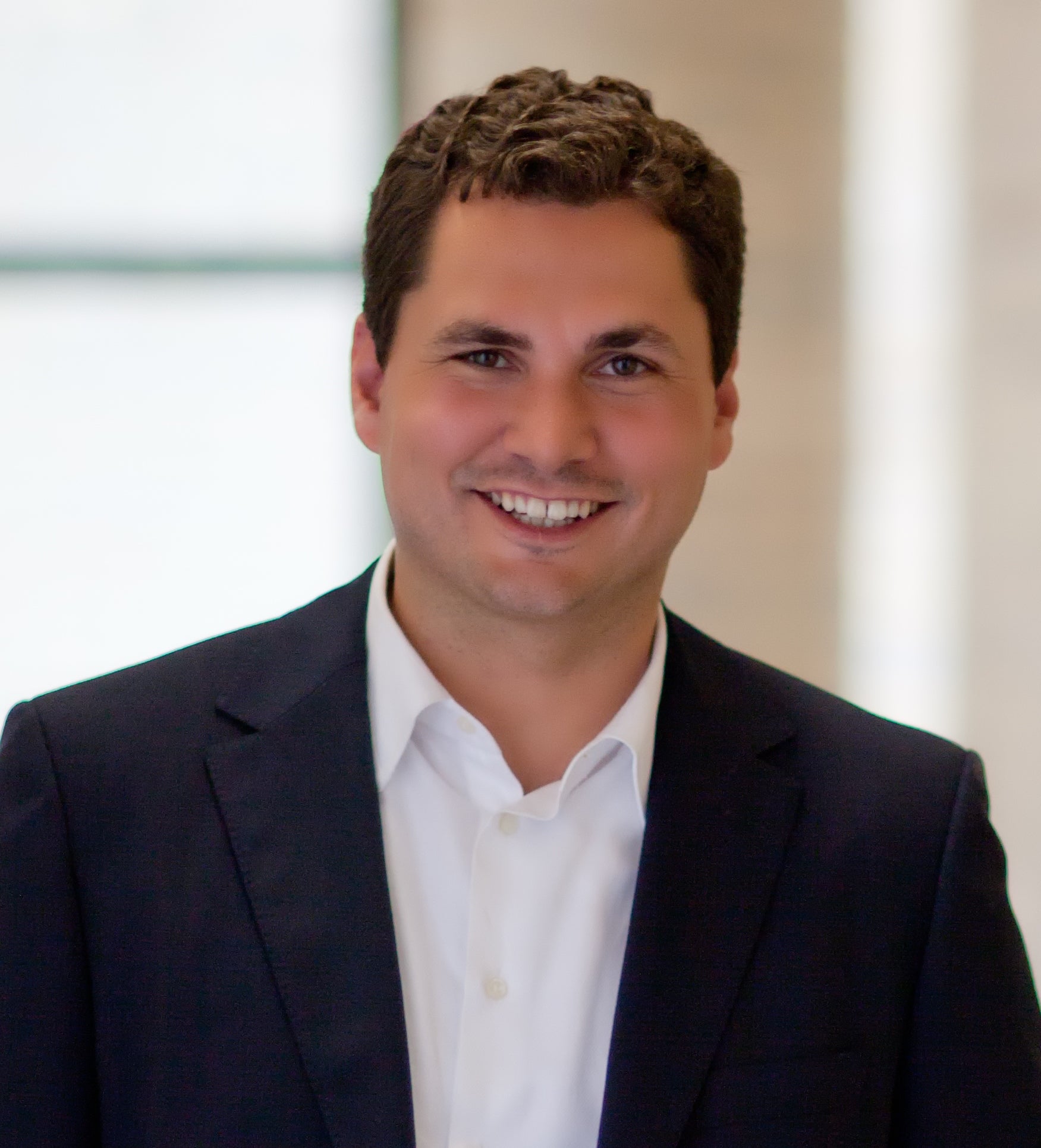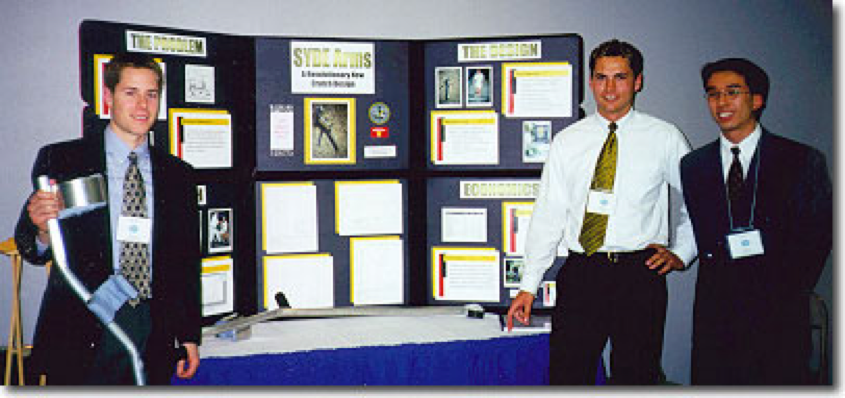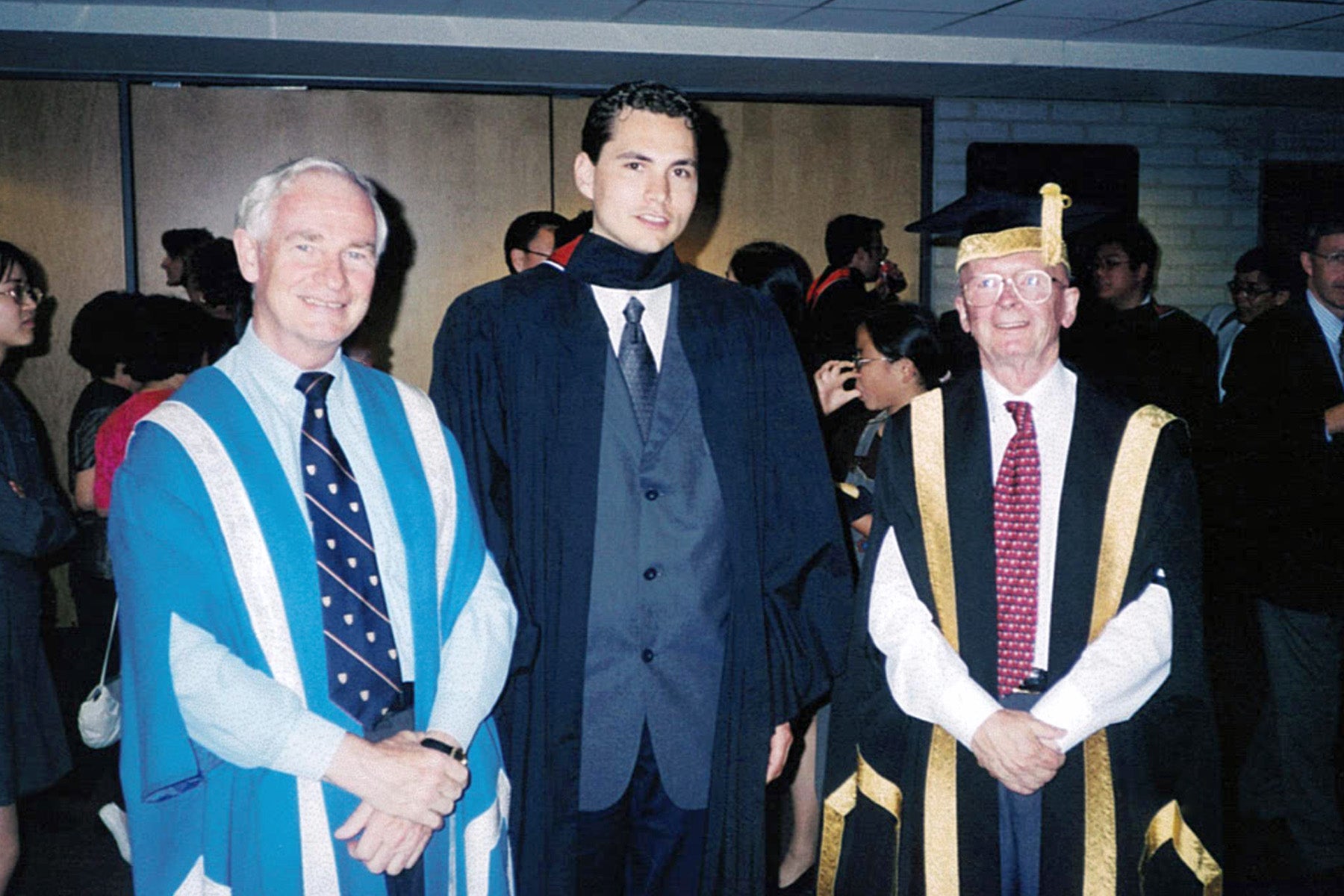
Written by John Baker, (BASc '00)
Most
of
the
time,
real
life
is
not
like
the
movies.
In
the
movies,
there's
always
some
magical
moment
where
the
hero
discovers
his
or
her
true
purpose,
or
a
moment
of
epiphany
and
clarity
when
someone
decides
what
their
path
will
be.

Most of the time, in real life, people make decisions slowly. Our experiences stack up, one atop the other, until suddenly we can see the path ahead more clearly than we could before. But if we're lucky, looking back, we can still see where the journey began.
For me, the road to entrepreneurship began thanks to the University of Waterloo and the value it places on study – to really think about the questions that need to be asked, and the time to read, explore, and experiment in the labs to research your ideas and build innovations.
I was sitting in my 3rd year systems design class, when the professor gave us an unexpected assignment. Out of the blue, he asked us to define a problem -- any problem -- and then come up with a solution to solve it. This was new to all of us -- we expected instructors to present the challenges to us, not to identify problems on our own.
In fact, though, that's the way the world often works. Problems at work seldom come to us as neatly and precisely packaged as a school assignment. Real-world problems are often messy and ill-defined -- and this was our professor's way of encouraging us to be researchers and not just consumers of learning experiences. His crazy, open-ended challenge knocked us out of our comfort zone as engineers and forced us to look at our world very differently.
It took our team a whole month to land on the one problem we could agree to work on for the project. We decided to re-invent crutches. We built and tested prototypes in labs, and won prizes for our work.

But that challenge unlocked something in me personally. I never stopped thinking about a bigger challenge. I started asking myself -- outside of class time: "What is the most important problem, I can solve, that will have the biggest impact on the world?"
At the time, my brother was in a distance education course. The course required him to listen to cassette tapes of lectures and fax his assignments in. I asked: "Why can't you use the web to deliver education to the world, instead?"
That was the genesis of D2L. That was a massive problem to solve - and to this day I don't think there is a more important question: how can we use technology to reach every learner, and in doing so, transform the way the world learns?
So, to start, I knocked on the doors of some professors and asked if they would trust me to put their courses online. I got five of them to agree.
After my first summer working from my parents’ house on those first five projects with the help of my family and friends, I went back to university for my 4th year and decided to close some gaps. I took entrepreneurship courses, Computer Science classes, database programming and a PhD course on Epistemology of Systems Thinking.
There was no question that running a business while being a full-time student was a challenge, but I managed to graduate with honors thanks to the support of my classmates and professors. In particular, I owe a huge debt to my mentor professors and the former President David Johnston, who gave me excellent advice as I was getting D2L started.

For me, this story illustrates the unique magic of the University of Waterloo.
What other university encourages its students to think so creatively and divergently? What other university follows that up with structures and processes that support research, innovation and entrepreneurship? And in what other university would the president take such an active interest in the work of a fourth-year undergraduate?
For 60 years, my alma mater has been preparing people to change the world for the better. I know the University of Waterloo has made an enormous difference in my life and, by extension, it has helped to provide educational opportunities to thousands upon thousands of people all around the world. That one day, sitting in a classroom, sparked an innovation that has helped to change the classroom, forever.
It might never get made into a movie but, for me, there's no better story than the University of Waterloo story.